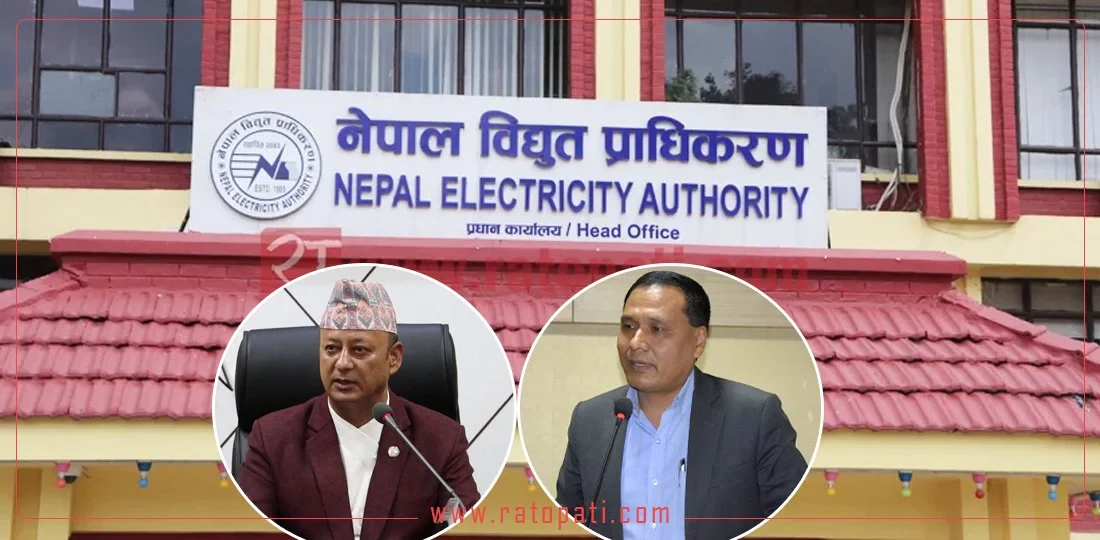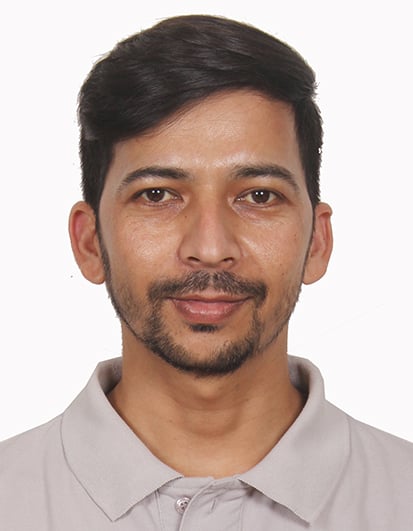Cabinet directive on power line charges based on TOD meters nears expiry

Kathmandu, November 26 — The directive given by the Cabinet to the Ministry of Energy to collect charges for dedicated and trunk power lines based on Time of Day (TOD) meters is about to expire in a day.
The Cabinet made the decision on November 10, and the Nepal Electricity Authority (NEA) board of directors implemented it two days later.
Following the decision, NEA immediately connected the power lines for industries. According to the decisions of the government and NEA, industries must pay outstanding dues within two days.
Despite these measures, NEA has been sending reminders to industrialists to pay their dues. At a press conference the day after implementing the Cabinet’s decision, NEA Managing Director Kulman Ghising warned that power lines would be disconnected again if dues were not paid within the given deadline.
Prime Minister KP Sharma Oli and Energy Minister Deepak Khadka have repeatedly expressed dissatisfaction over NEA cutting power lines for industries that have failed to clear their dues. The most recent disconnection was on October 24. Both leaders have accused NEA of deliberately targeting the economy through these actions, which has led industrialists to show little intent to clear their dues even as the deadline approaches.
The issue persists because the Ministry of Energy and the government appear to be siding with industrialists. On November 10, the Cabinet decided to implement the Lal Commission’s report and collect dues based on TOD meters. However, Energy Minister Deepak Khadka formed a committee led by Arbinda Mishra to resolve disputes related to dedicated and trunk lines, bypassing provisions in the Electricity Regulatory Commission Act, 2017.
NEA sources claim that the authority is determined to collect outstanding dues but faces obstacles from the Ministry of Energy, which has been forming committees to delay the process. For instance, a committee to verify TOD meter bills sent to industries only began its work recently. Meanwhile, on November 22, the Cabinet formed another committee led by former judge Hari Kumar Pokharel to investigate irregularities within NEA. However, this new committee has yet to be fully constituted.
Legally, neither of these committees has a solid basis. The Commission for the Investigation of Abuse of Authority already exists to handle corruption cases, and these new non-judicial committees seem only to obstruct NEA’s work. Former Energy Secretary Anup Kumar Upadhyay argues that the government is taking an improper route by avoiding judicial and regulatory processes. "Resolving disputes between industries and NEA is the responsibility of the Electricity Regulatory Commission. If it fails, the matter should go to court," he said. "Creating one committee after another to complicate matters raises questions about the government’s intentions."
The government has been accused of exacerbating the dispute instead of resolving it through proper channels. Joint Secretary Chiranjeevi Chataut of the Ministry of Energy said there has been no discussion about disconnecting or reconnecting industrial power lines 15 days after the directive was issued. "We had sent a letter to NEA to implement the Cabinet’s decision," he said, "but there has been no discussion on how to proceed if dues remain unpaid. Two days are left, and various committees have been formed. Some conclusions may emerge."
This ongoing cycle of committee formations without resolving the core issue has led to renewed confrontations between industrialists and NEA. Industrialists argue that they should wait for the committees' findings before paying their dues.
Pashupati Murarka, Chairman of Arghakhanchi Cement, said that since the government formed committees, they must wait for their investigations and recommendations. "We have disagreements about the bills sent by NEA. After forming a committee, sufficient time should be given for investigations," he said. "Once the committee provides suggestions, the government can proceed accordingly."
According to him, the issue arose because the Cabinet decided to collect charges under one framework, while NEA demanded payment based on an older decision.









Leave Comment